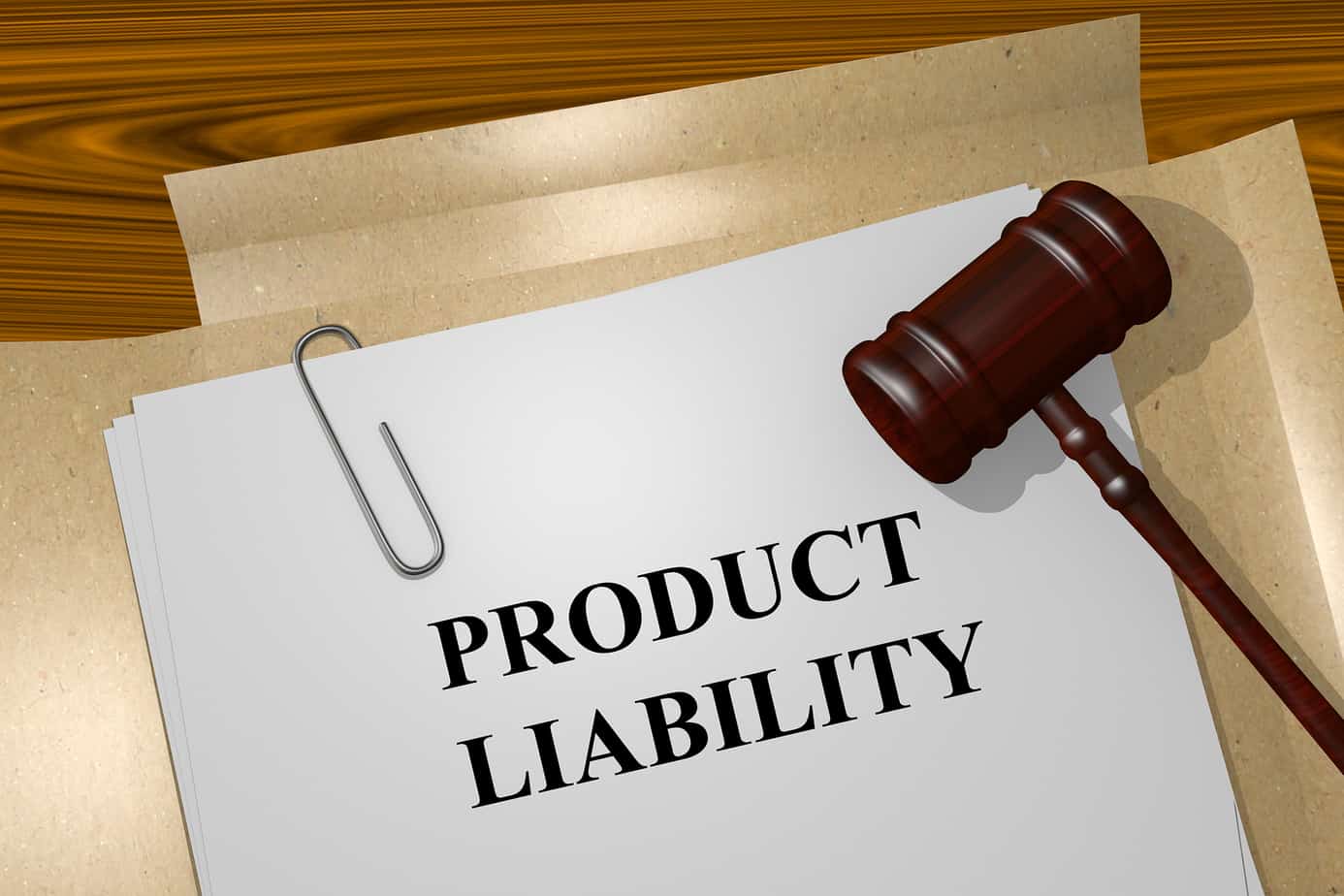Three plaintiffs claiming that the drug Abilify made them gamble compulsively have settled their case for an undisclosed amount. The case was slated for trial in June in Pensacola, Florida.
The multidistrict litigation against the drug maker includes 808 cases, according to court records. Bristol-Myers Squibb and Otsuka, a Japanese drugmaker, have been named as defendants. Bristol-Myers Squibb marketed the drug in the United States until 2013.
Details of the settlement have not been made public, but it is believed to involve a payment to the plaintiffs from the defendants.
The three plaintiffs include Jennifer Lilly, Fanny Lyons and David Viechec.
Lilly’s case was scheduled for trial in late August. She claims to have taken Abilify between 2003 and 2016. Her claim includes unspecified gambling and losses, including the loss of her ability to earn income.
Lyons began taking the drug in January 2009 and shortly after, began gambling compulsively. Her gambling stopped after she stopped taking the drug in 2014. She claims that she has lost more than $75,000.
Viechec was prescribed Abilify from 2012 through 2016. He claims to have also lost more than $75,000 from compulsively gambling.
The order by U.S. District Judge M. Casey Rodgers states that defendants must pay “settlement proceeds” to the plaintiffs within 30 days. Plaintiffs must then sign releases and an agreement to dismiss the cases.
Abilify, introduced in 2002, was generating $8 billion a year by 2013. It became the top-selling drug in the United States the next year. But sales declined in 2015 when generic versions of the medication were approved.
Abilify is designed to treat psychiatric conditions, including schizophrenia, bipolar disorder and depression. Off-label uses included dementia, anxiety and PTSD.
The drug then became linked with compulsive side effects, primarily sex, gambling and shopping.
In 2016, a gambling warning was added to the drug.



